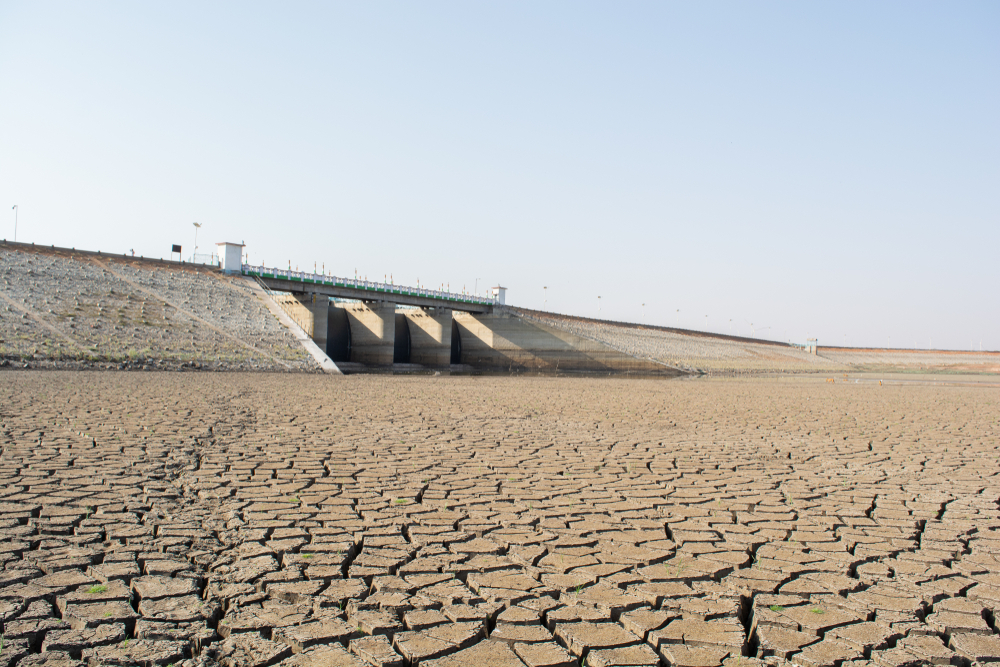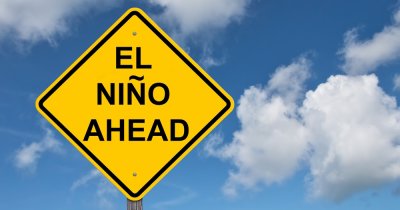Euronews.green writes that Catalonia is one of the regions that recently declared drought emergency, due to lack of rainfall of three years in some areas and the water reservoirs reaching as little as 16% of their normal capacity. As per experts at the European Drought Observatory, some 17% of the territories administered by EU states are hit by drought, some worse than others.
Andrea Toreti, coordinator of the Copernicus European and Global Drought Observatories, said that "if we look at the current conditions, based on the latest data we have available up until the end of January, we see that many areas in the Mediterranean region are actually already in either warning or alert drought conditions."
Sicily is one of the worst-affected regions, being in the over 1% of the land that is under the highest level of emergency, thus authorities announced a "state of natural disaster". January was the fifth consecutive month in the region where rainfall was at lower levels than the average.
Despite the fact that last week it rained enough in Italy to restore most of the affected areas, for the Island of Sicily this wasn't enough.
It's not just Europe that is affected by drought, as Morocco is in its sixth year of struggle and currently, rainfall is 70% lower than the average, say country officials.
"There was not, in some of these areas, a full recovery from these extremes. And now, of course, we see again the lack of precipitation but also the warmer than usual temperatures", Toreti added.
Snow melt is another reason why water levels aren't coming back, as previously, low temperatures meant that snow was piling up during winter and then in spring, it melted, allowing water levels to rise. But since this winter was one of the warmest, there wasn't enough snowfall to collect, thus very little water to flow from it.
"Because basically what is happening is that Europe is facing a change in precipitation regimes", Toreti explains.
"If we don’t take better global action right now, Europe is going to face much higher risk connected with drought. We’ll deal with heat waves but also with heavy precipitation", he added.
 Mihai - Cristian Ioniță
Mihai - Cristian Ioniță












Any thoughts?